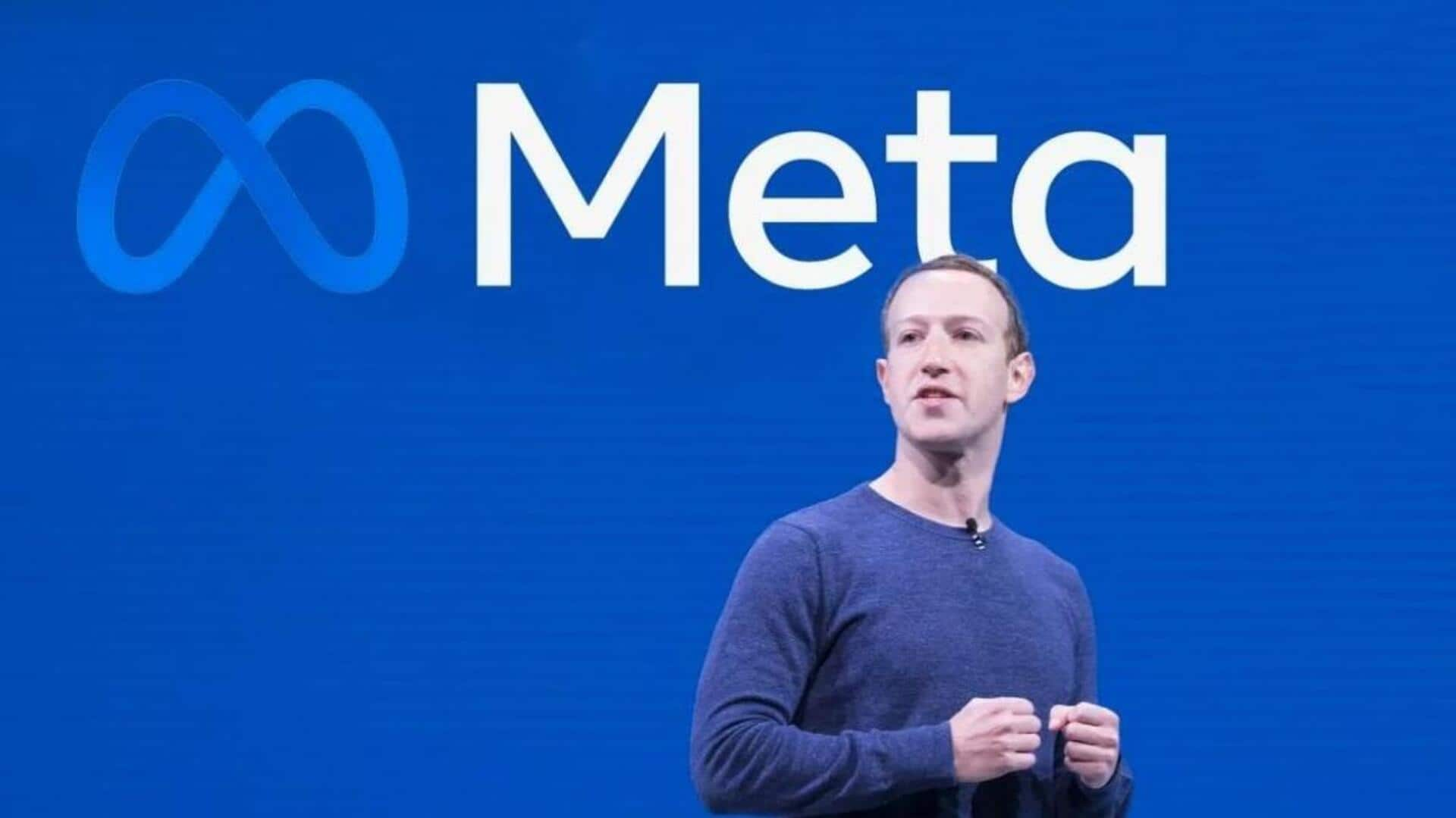
How to stop Meta from using data in AI training
What's the story
Meta, Facebook's parent company, has been under fire for using data scraped from third-party websites to train its AI algorithms. Web scraping can significantly affect users' personal data and businesses, too. Companies like Meta scrape data from third-party websites for AI training, leading to privacy concerns for individuals. To address these concerns, Meta has provided a way for users to opt out of personal data being used in AI training by filling out the "Generative AI Data Subject Rights" form.
Details
Controversy surrounding AI web scraping
Web scraping has become a contentious issue in the AI world. Besides Meta, companies like OpenAI are also facing criticism for launching AI web scraping bots that are designed to train their systems. Generative AI, like ChatGPT, needs vast amounts of data for training, and some of this data inevitably belongs to users. Meta's move to allow individuals to opt out of their data being utilized is an attempt to mitigate these concerns.
Insights
Here's how to protect personal data
Meta is now allowing users to fill out the "Generative AI Data Subject Rights" form to opt out of their third-party website information being used in AI training. On the form—available on Meta's generative AI privacy policy page—you need to select the "Delete any personal information from third parties used for generative AI" option. Once you enter the required details and click on send, the form will reach Meta, and your data will be deleted after a certain period.
Scenario
You can only prevent portion of data from being shared
Meta's newly released form allows users to ask the organization to delete some of their data received from third parties in order to prevent it from being used to train AI systems. Individuals only have the option to control what third-party data the tech giant is using. However, they cannot entirely prevent Meta from using their Facebook data or information from other Meta apps.
Information
Web scraping's impact on privacy and business
Web scraping is among the most hotly debated topics in the tech industry, and it has a significant impact on privacy. Businesses often have their data scraped without consent, resulting in lost revenue and intellectual property theft. As web scraping remains contentious, more regulations and options for individuals are likely to emerge in the future. Governments have also responded to web scraping concerns. In 2018, the European Union passed the General Data Protection Regulation (GDPR) to protect individuals' personal data.